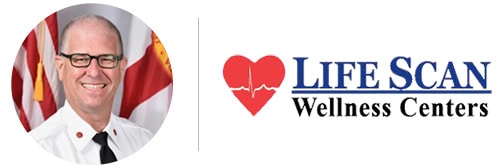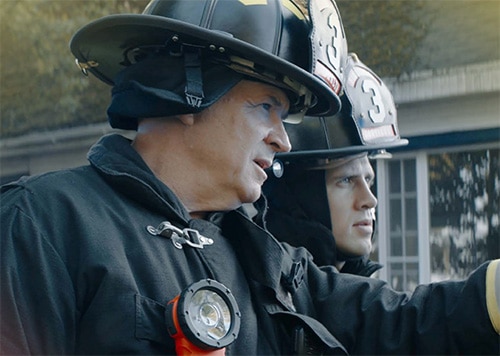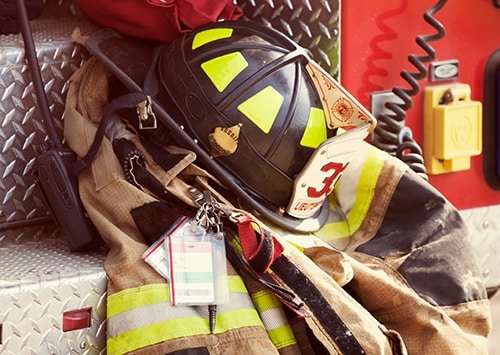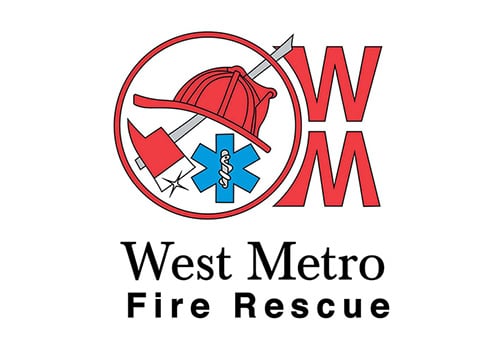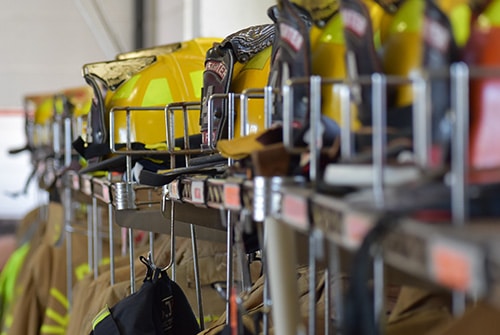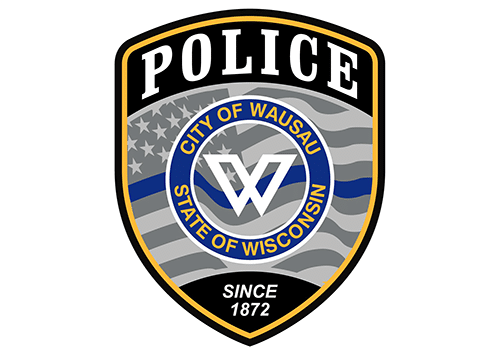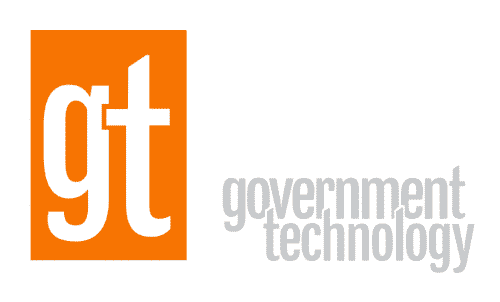Chief Todd LeDuc, (Ret.), MS, CFO, FIFirE
Overview
An Engaging Discussion on the Impact of PTSD, Behavioral Health Stressors, & Resources to Support Your First Responders
Every day, first responders put their physical and mental health on the line to serve and protect their communities. It is widely recognized that first responders are at greater risk for full or partial posttraumatic stress disorder (PTSD) than most other occupations due to their regular exposure to traumatic stressors.
Watch this webinar video where Chief Todd LeDuc (Ret), Chief Strategy Officer for Life Scan Wellness Centers, and Captain Dena Ali of Raleigh, NC FD presented on the host of behavioral health stressors, inclusive of PTSD and first responder suicide.
During the webinar, Captain Ali discussed how post-traumatic stress is a normal and adaptive response to stress, and how resiliency before and after a traumatic event has significant power to prevent the manifestation of long-term PTSD.
During this webinar presentation, you will learn:
- The role that early detection plays
- The importance of Personal and organization support networks such as awareness level training and peer support programs
- Having pre-identified and trained behavioral health clinicians available that are familiar with the unique needs of first responders
Presenters
Retired after 30 years with the rank of executive assistant fire chief of Broward County (Fla.) Fire Rescue. He now serves as the Chief Strategy Officer for Life Scan Wellness Centers, the Nation’s largest provider of comprehensive annual physicals. He is a long serving member of the IAFC Safety, Health & Survival Section Board, and a technical committee member of the NFPA Occupational Health Standard for First Responders. He serves as a peer reviewer for the Center for Public Safety Excellence, is the Editor of Fire Engineering’s book, “Surviving the Fire Service,” and an advisory board member on numerous research grants.
She previously served as a police officer for five years. Ali has a degree from North Carolina State University and an MPA from the University of North Carolina—Pembroke, where her research focused on firefighter suicide. As a graduate student, she was awarded the 2018 MPA student of the year. She has also received several awards throughout her career. One that she is most proud of is the NC Office of State Fire Marshal Honor, Courage, and Valor award that she earned in 2018 for her steadfast effort to bring awareness to firefighter mental health through her vulnerability.
Dena has also served as a subject matter expert at the National Fire Academy where she assisted in curriculum review for their health and wellness curriculum. Dena is an advocate of awareness, education, and understanding of mental health disorders and suicidality. She speaks locally and nationally on these topics and is a QPR Suicide Prevention Gatekeeper Instructor. She has written several articles on topics such as suicide prevention, peer support, wellness, and post-traumatic stress. Dena is the founder and director of North Carolina Peer Support where she helped to develop their statewide curriculum. She is also a founding member of the Carolina Brotherhood, a group of cyclists/firefighters in North Carolina who honor the fallen and their families annually.




